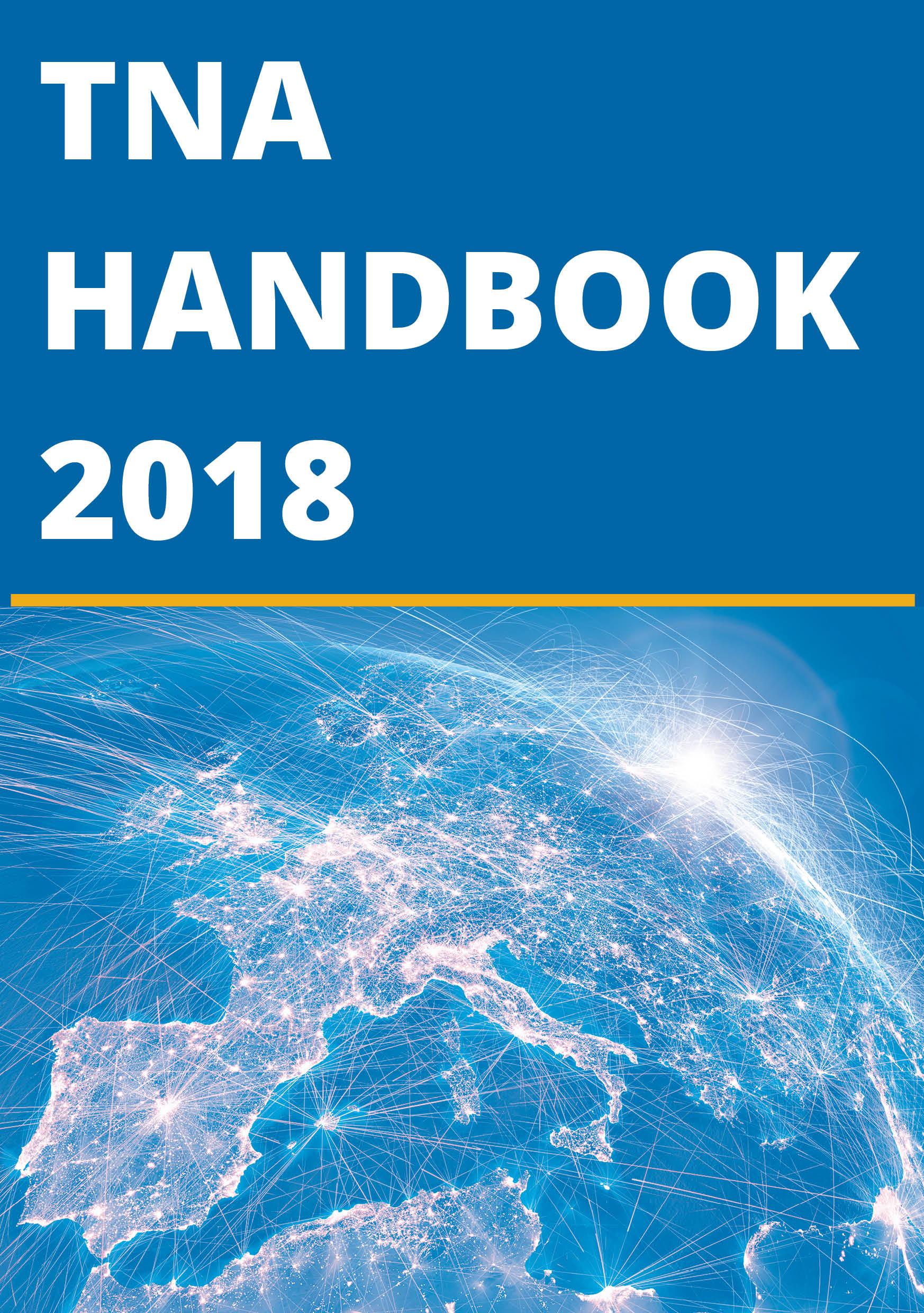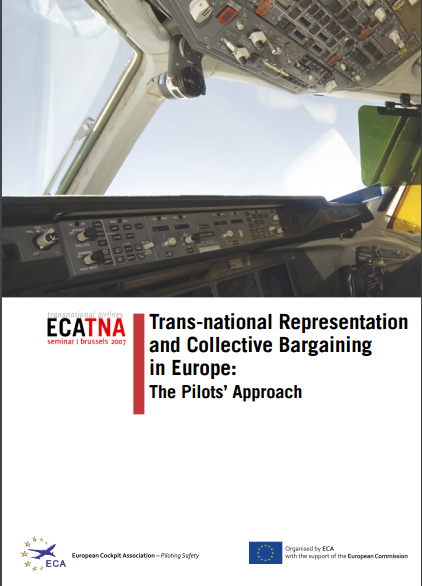

Trans-National Airlines (TNAs) are airlines with bases in more than one country. This implies that the pilots of a same company may have different working conditions and/or work under different national social laws. As a result, the following questions are likely to arise: where do the pilots pay their taxes? What is the social security system applicable? Where can the employment contract be negotiated? Do some pilots of a same company have better/worse employment and pay conditions? How to ensure the collective bargaining and effective representation of pilots from the same company but across national borders? The European Union created the framework to allow free movement of capital, business and worker, but without harmonising social law across Europe.
An ECA project formally named “Strengthening organisation of Trans-national airline pilots in the EU” was accepted for financing by the EU Commission. The project aims at strengthening the organisation and representation of transnational airline (TNA) pilots and supporting ECA Member Associations (MAs) in this task by offering them effective and handy tools, deepening the knowledge of transnational negotiation and cross-border bargaining tools in the EU (including their limits), and investigating the impact of atypical work on TNAs.
Within the framework of this project, ECA organised two TNA seminars on solutions that fit TNA pilot groups in optimizing the way they work together on their common challenges and coordinate across borders and jurisdictions. The conclusion of the project is this TNA handbook which provides an overview of the current legal and social framework in Europe, describes the current experience of transnational collective bargaining and cross-border negotiation in the EU (in aviation and other sectors) and a toolkit of templates, coordination tools and reference documents.

During the last years, ECA has been particularly involved in facilitating Trans-National representation and collective bargaining work. ECA organised in May 2007 a seminar with the support of the European Commission to raise awareness and to mobilise all the social partners concerned. The conclusions of this seminar (see ECA TNA booklet ) have allowed to establish the guidelines and to create the framework of the ECA TNA Convention. As an example, ECA and its Member Associations have elaborated a agreement allowing collective representation of easyJet pilot's across Europe. In addition ECA is actively working in cooperation with the European Institutions towards the longer-term aim of creating a legal framework that would allow trans-national representation and bargaining and the harmonisation of social and labour rights across Europe.
Within its membership, ECA acts as a facilitator of Transnational Airline Pilot Groups, providing advice and support.

A company based in more than one country should not be able to differentiate its Pilots' employment and working conditions according to the country they are based. This could lead to social dumping, divide-and-rule tactics by the management and might affect safety. UNITY amongst pilots across borders is the key factor to ensure their collective bargaining power. Setting up trans-national structures that allow pilots to remain unified, ECA strongly fights to promote this message and to convince the policy makers to set up the legal framework to facilitate collective representation of Trans-national workers.